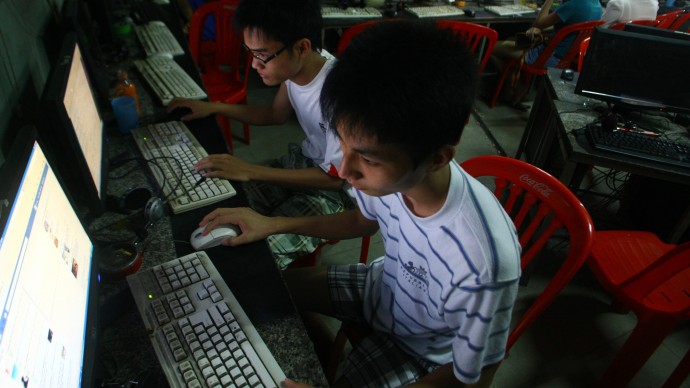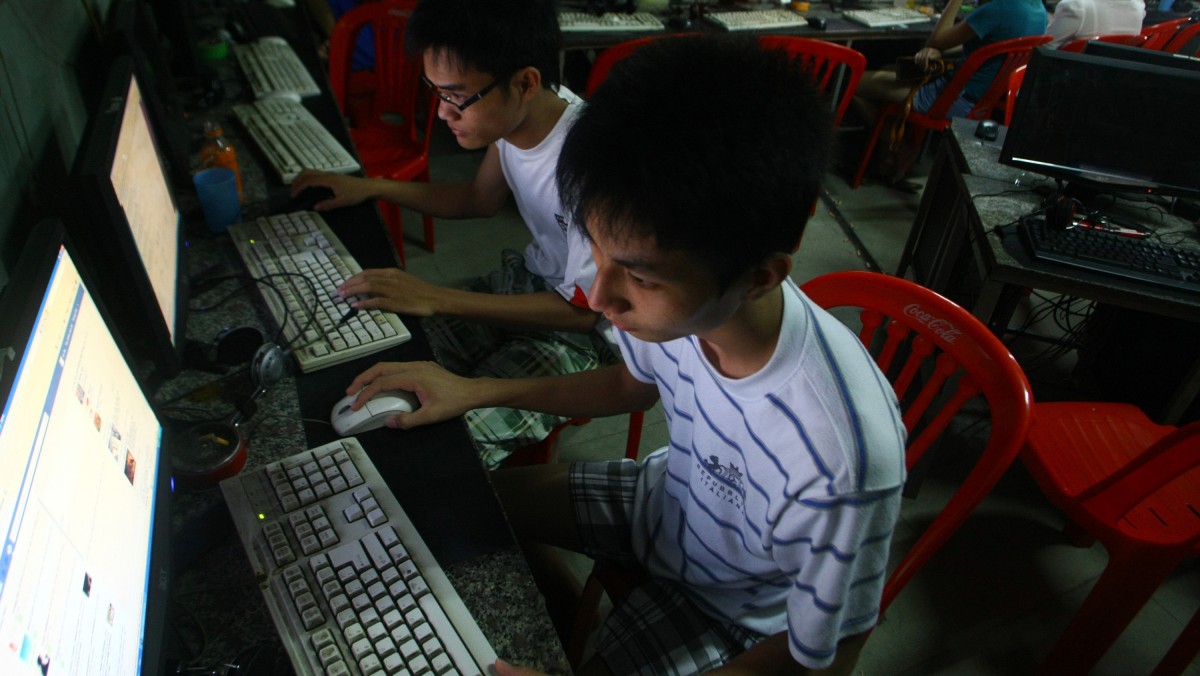
(MintPress) – A new study from the Washington D.C.-based advocacy group Freedom House has found the Philippines to have the greatest degree of Internet freedom among countries studied in Asia. But that may change in the future, as Philippine President Benigno Aquino III recently signed the Cybercrime Prevention Act, which criminalizes activity such as libel, spamming and pornography. At risk is the common Facebook activity of the “Like” button – something that demonstrates both the vagueness of the law and the increasing number of laws across the world taking aim at Internet freedoms.
At the beginning of the year, a bill that would have dramatically altered Internet culture in the United States was ultimately defeated. The Stop Online Piracy Act (SOPA) would have demonstrated a dramatic crackdown on Internet users and websites thought to be involved in copyright violations. Critics, such as House Minority Leader Nancy Pelosi, said the bill would infringe on freedom of expression and put a damper on innovation.
The new Philippine law, written in a way that denounces certain actions without providing details of who would be at fault and the government’s involvement in disciplinary measures, enters the public domain during a time when Philippine Sen. Vicente Sotto III was criticized by the online community. Sotto, one of two senators who added the libel provision, was criticized over the Internet for plagiarizing his speeches from bloggers and the late United States Sen. Pat Kennedy.
“Yes, I did it. I inserted the provision on libel. Because I believe in it and I don’t think there’s any additional harm,” Sotto has said.
Those against the legislation, however, argue that it does not clearly state who would be at fault for libel claims. Sen. Teofisto Guingona III argues that the law’s vagueness creates a situation in which someone has the risk of being accused of libel simply for “Liking” a Facebook post that is critical of another individual or public figure. Guingona voted against the passage of the law, but his efforts were ultimately defeated.
“If you click ‘like,’ you can be sued, and if you share, you can also be sued,” Guingona speculated. “Who is liable? It isn’t clear. The one who made the original post? The ones who share? The ones who tweet? Even you, if you post a simple, ‘hehehe,’ right? Does that mean you agree?”
A recent history of censorship
According to Freedom House’s Freedom of the Net report for 2012, Iran, Cuba and China demonstrated the most oppressive Internet legislation. During the spring, China furthered its reach of its infamous Internet censorship by closing 16 websites and arresting six people for what was reported to be political opposition. Xinhua, the official news agency of China, said the government is out to “cleanse” the Internet and has shut down well over 3,000 websites since February.
China has been a leading force in Internet censorship since the pervasiveness of social media and blogging became a hotbed on the Web. After heavy government pressure in 2009, sites such as Facebook, Twitter and YouTube were formally blocked. In 2010, further enforcement resulted in the blocking of Skype, a popular web-based telephone service. But on top of blocking some of the most visited websites in the world, China has also been criticized of blocking civilian blogging sites that speak out against government policies.
“Brutal attacks against bloggers, politically motivated surveillance, proactive manipulation of Web content and restrictive laws regulating speech online are among the diverse threats to internet freedom emerging over the past two years,” Freedom House wrote.
“The battle over internet freedom comes at a time when nearly one third of the world’s population has used the internet. Governments are responding to the increased influence of the new medium by seeking to control online activity, restricting the free flow of information, and otherwise infringing on the rights of users.”
Iran, which has taken similar site-blocking measures as China, recently reinstated access to Gmail amid public outcry. But Internet censorship in the Middle East has been extensive since the Arab Spring, which saw protests grow with the help of Facebook, Twitter and other social networking sites in light of governmental tactics meant to quell demonstrations. In response to protesters speaking out against their government, leaders in countries such as Libya, Egypt, Syria and Tunisia closely monitored or cut off Internet activity so protesters would have one less way to organize themselves.
In response to continued efforts to reduce Internet access, Amnesty International noted that censorship contributes to a lack of progressive growth because activists and non-profit organizations fall under the umbrella of political censorship. Amnesty also points out that reducing Internet freedoms is a violation of the Universal Declaration of Human Rights.
“Everyone has the right to freedom of opinion and expression; this right includes freedom to hold opinions without interference and to seek, receive and impart information and ideas through any media and regardless of frontiers,” Article 19 of the Declaration reads.
Human Rights First, an independent advocacy group, says the rise of the Internet age has given governments an outlet to target whereas before spoken communication was more difficult to censor.
“All governments struggle to balance a need to deal with serious issues such as security, hate speech and child safety for their citizens,” the organization wrote. “But in repressive societies, these concerns often serve as convenient pretext to engage in censorship or surveillance of the Internet that violates the rights and privacy of users and threatens the free flow of information.”
In the United States
The report published by Freedom House showed that the United States ranked second in the world for Internet freedom, one spot behind Estonia. High Internet costs and stray instances of Internet filtering kept the U.S. from the top spot. Estonia, on the other hand, has created unprecedented public offerings through the Web. Estonians are able to vote online and saw a 25 percent online participation rate – highest in the world. Public WiFi spots are widespread and there are more than 200 Internet Service Providers (ISPs) in the country.
In comparison, 50 percent of the ISP market in the U.S. centers around four carriers: AT&T, Comcast, Time Warner and Verizon. Internet speeds are also lagging behind the world’s leaders, despite consumers in the U.S. paying some of the highest prices around the globe.
“Although the United States is one of the most connected countries in the world, it has fallen behind many other developed nations in terms of Internet speed, cost and broadband availability,” Freedom House wrote.
Authorities in the U.S. have also used the Internet and mobile services against protesters, similar to the tactics in the Middle East. Most recently, Twitter gave in to to legal pressure and gave up protected tweets of an Occupy Wall Street protester to help further an investigation. Also, in 2011, the Bay Area Rapid Transit (BART) cut out cellular service in a portion of its stations to reduce the chance of protest organization over an incident at the station in weeks prior.
“Several developments in recent years … have placed the government and internet freedom advocates at odds over aspects of internet regulation as well as issues surrounding online surveillance and privacy,” Freedom House wrote. “The United States lags behind many major industrialized countries in terms of broadband penetration, and network operators have challenged recent rules concerning network neutrality.”


